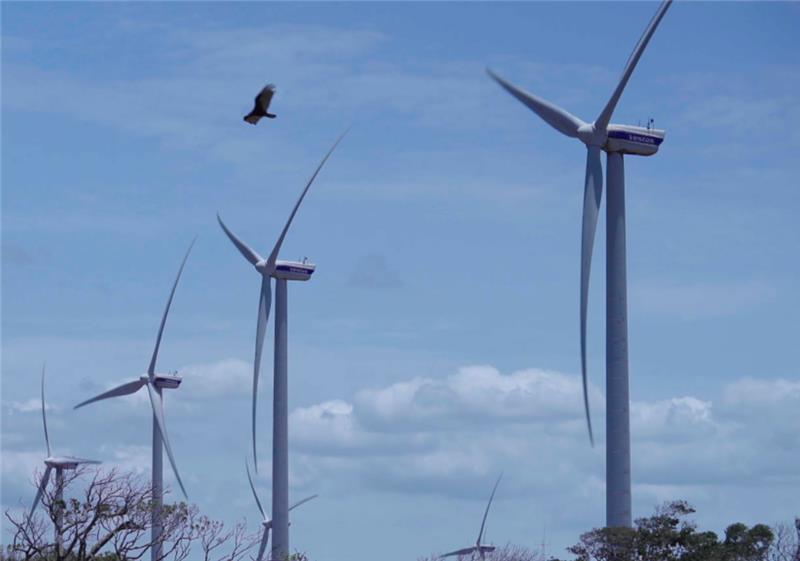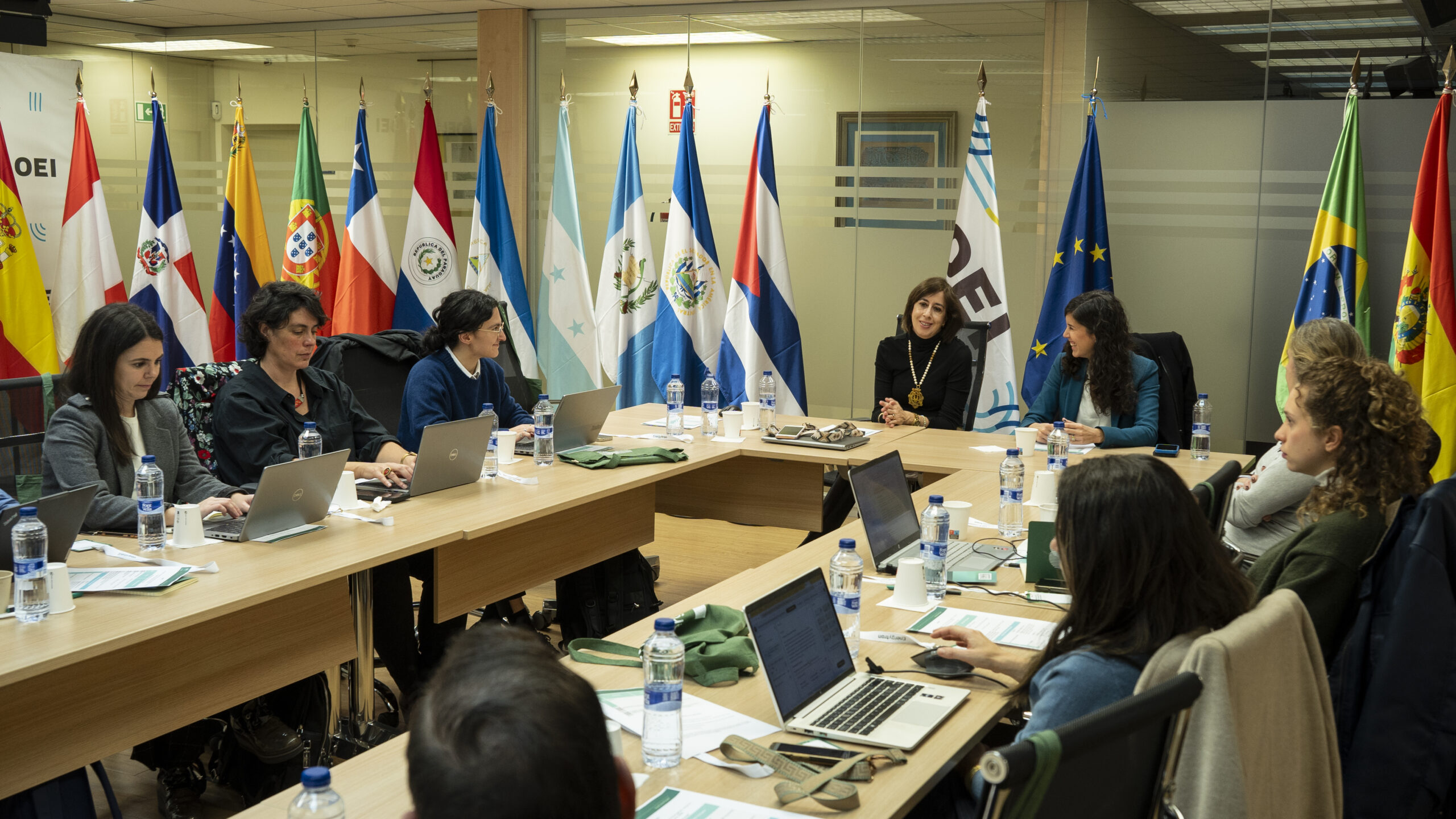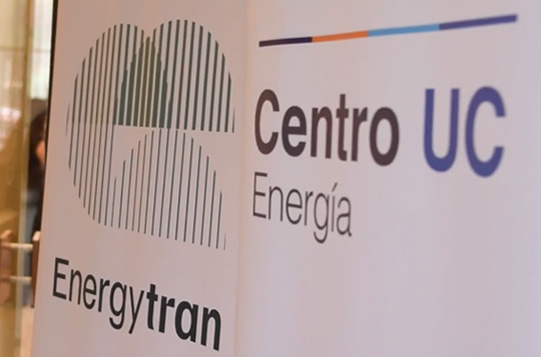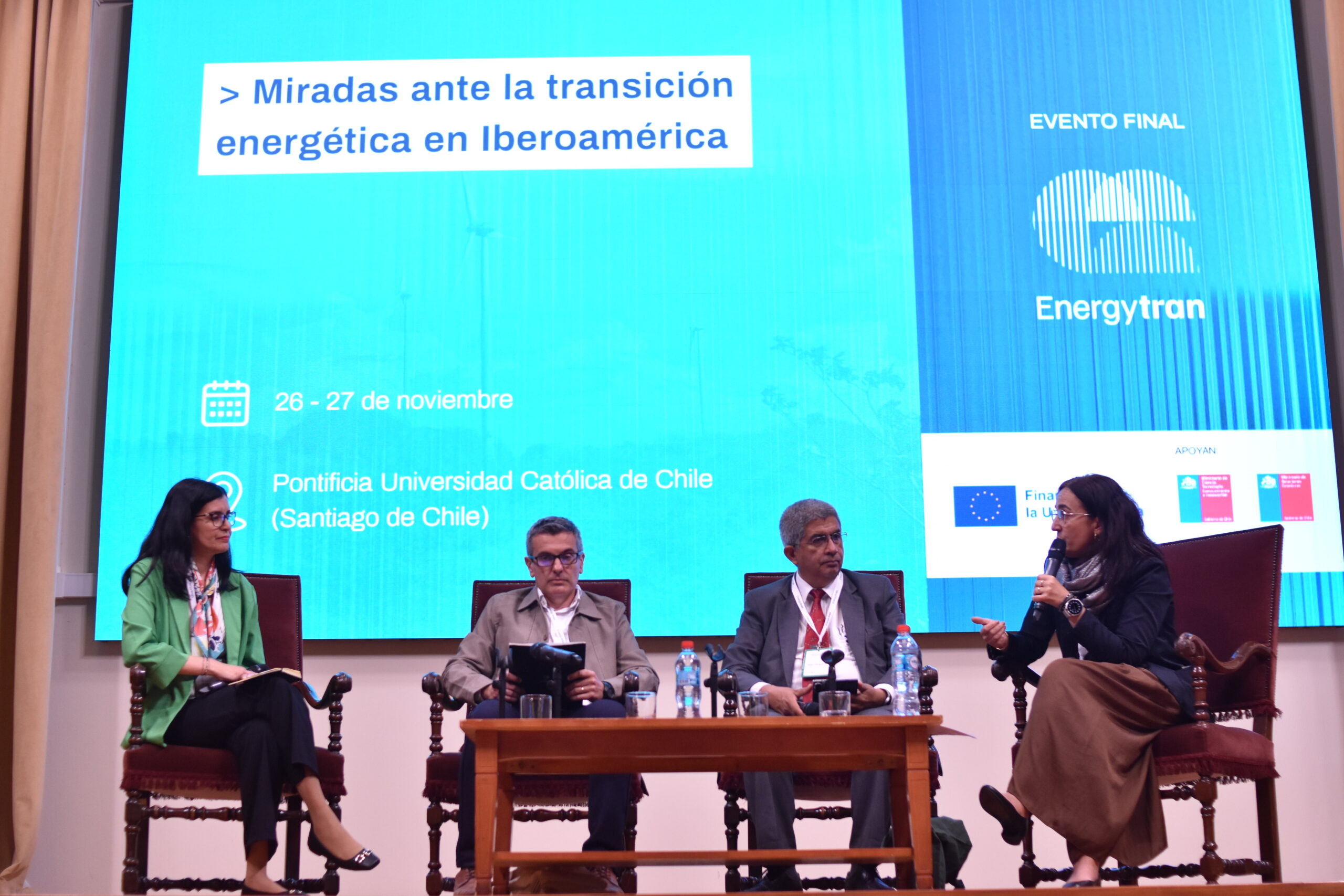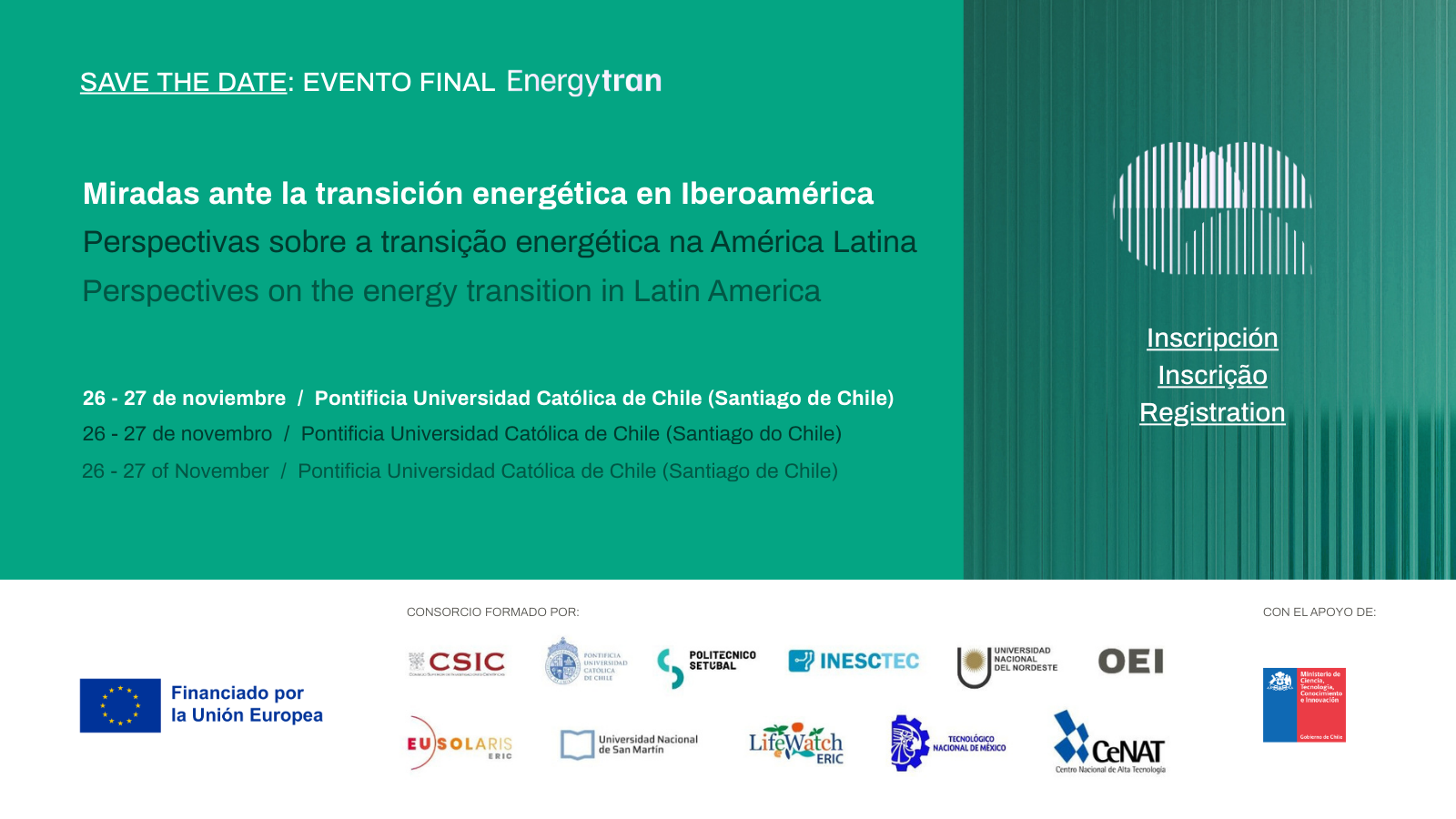The European project Energytran, led by the Organization of Ibero-American States (OEI), has already been underway for 18 months and is now entering its final phase, scheduled to conclude on December 31 of this year. Throughout this year and a half of implementation, the project—carried out together with 10 other partner research institutions from Europe and Latin America and the Caribbean—has reached more than 700 people and involved over 60 institutions.
To carry out this initiative, four methodological principles have been developed. First, “horizontal cooperation” among all participating countries. Secondly, “inclusion,” which is essential to integrate an inclusive dimension in the energy transition (gender, indigenous perspectives, etc.) to ensure a fair and equal process.
The third dimension is “participation”: different actors involved in the energy transition must take part—not only academia, but also public administration, companies, and civil society. And finally, “relevant social impact,” whose goal is to emphasize that any research and innovation initiative must generate social impact and be useful to public policies and society.
Energytran also places special emphasis on the sustainability of the energy transition from an environmental perspective. This means that the transition should not only modify the region’s energy matrix, but also do so in a way that respects the environment, both in terms of the use of renewable sources and the potential impacts on ecosystems.
In the face of this challenge, questions arise such as: How can we address the effects of lithium mining on water resources and soils? How should we tackle the impact of wind farms on biodiversity, or the proper recycling of solar panels? And how can we regulate the intensive use of land and deforestation that may result from the use of biomass for energy production?
On October 8 and 9, the virtual event “Towards an Environmentally Sustainable Energy Transition” will take place. It will be a space for reflection, delving into the effects that alternative energy systems can have on ecosystems, the main associated changes, and strategies to address them, while also presenting successful examples of policies and regulations for a green transition.
Speakers will include Fernando Valladares from the Spanish Museum of Natural Sciences, and Natalia Andrea Restrepo Vélez from the Commission for Environmental Cooperation, among other specialists who will encourage the exchange of knowledge, experiences, and practices in Europe, Latin America, and the Caribbean to address common environmental challenges in the energy transition and promote collaboration in research and innovation. To see the program and register, click here.

